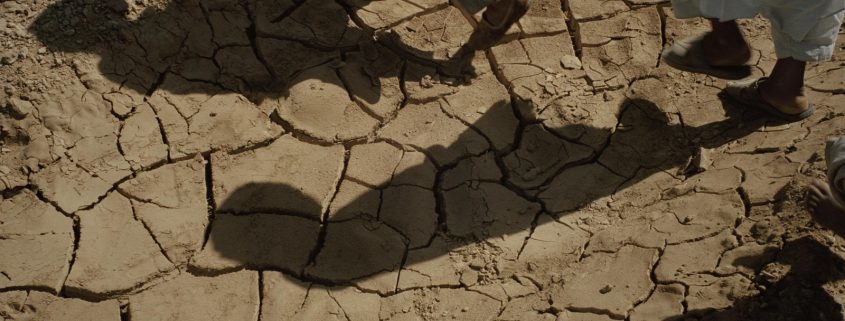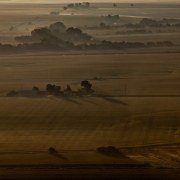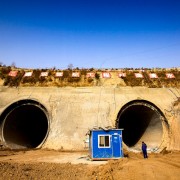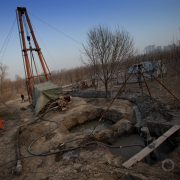HotSpots H2O, April 25: Water Shortages Could Fuel Future Terrorist Recruitment
The Global Rundown
Water shortages caused by climate change will assist future terrorist recruitment, a German research group claims. India and Pakistan delay talks on whether two controversial hydroelectric projects violate the Indus Water Treaty. Human-animal conflict in India is on the rise amid changes in land use and resource availability. Thousands in Somalia wander the countryside in search of food and water while terrorist organization al-Shabab blocks humanitarian aid. A United Nations database of satellite imagery could help farmers in Africa and the Middle East use water more efficiently.
“Terrorist groups are increasingly using natural resources – such as water – as a weapon of war, controlling access to it, and further compounding, and exacerbating resource scarcities.” –Lukas Rüttinger, contributor to a report by Adelphi, a German think tank. The report asserts that resource shortages caused by climate change will provide terrorist organizations with greater regional control and more opportunities for recruitment. The Guardian
By The Numbers
3 million Number of Somali children who have quit school as conflict and drought in the country worsen. Families have left their homes in search of food and water, often wandering for days. Terrorist organization al-Shabab is blocking supply routes and threatening aid workers, meaning little relief is reaching Somalia’s starving population. PRI
400 Number of people who die each year in India as a result of human-wildlife conflicts. This number is on the rise in several Indian states. Most deaths are related to intrusions on natural habitats or clashes over food and water sources. The Hindu
Science, Studies, And Reports
The United Nations Food and Agriculture Organization (FAO) is compiling a database of satellite imagery to help farmers track water use and evaporation in crop irrigation. Currently, the project is focused on parts of Africa and the Middle East where war and drought have led to severe water scarcity. FAO hopes that the information will help farmers produce food using less water. UN News Centre
On The Radar
India and Pakistan were slated to discuss the Indus Water Treaty in mid-April, but talks have been postponed to the end of the month. The countries are deliberating whether two Indian hydroelectric projects violate the long-standing treaty. Hindustan Times
Kayla Ritter is a recent graduate of Michigan State University, where she studied International Relations and Teaching English to Speakers of Other Languages. She is currently based in Manton, Michigan. Kayla enjoys running, writing, and traveling. Contact Kayla Ritter











